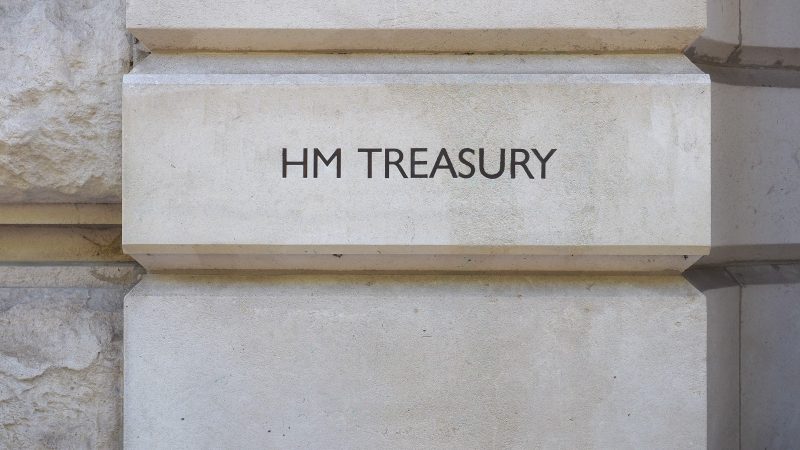
At conference the other week, Labour set out practical ways the party would improve people’s lives in government. One of the best ways to do that is to empower mayors and councils – and let them get on with the job. That makes fiscal devolution essential.
Ever wondered why cities and towns in France and Germany are somehow just that bit nicer than our own? And it’s not just their capital cities or affluent towns either. Even the Rhine-Ruhr region of Germany, a post-industrial cousin of the north of England, has dense multi-layered transport networks – multiple train lines, trams and buses. While the north of England, famously, has no such thing.
One key reason for this difference is fiscal devolution. It is the hidden wiring that makes these places work. Local and regional governments are able to raise money to invest in new homes, transport networks and the public realm in a way our own councils and mayors can only dream of.
Other high-income countries with fiscal devolution tend to invest more in infrastructure – because their towns, cities and regions can do it for themselves.
The fears harboured by many on the left don’t materialise. Other countries, of course, share those concerns too – no country wants empowered local and regional governments to come at the cost of entrenching regional inequality, a race to the bottom of lower tax rates and postcode lotteries.
Which is why redistribution is almost always a major component of fiscal devolution, tax competition is marginal, and usually avoided completely, and equality of living standards is embedded – for example in Germany. Local empowerment and equality are not opposites – they go hand-in-hand.
How can Labour empower local government to deliver change?
🚨 New Report 🚨
Today we launch Equality and Empowerment: A progressive proposal for fiscal devolution and economic development in England pic.twitter.com/WKCvpjxYkA
— The Fabian Society (@thefabians) October 19, 2023
But we can’t just copy and paste these systems into England. In 2023, English local government is in crisis. Many councils are in extreme financial distress, in large part due to central government forcing them to deliver their austerity agenda.
They are also responsible for services with high and rising cost pressures, such as social care. Meanwhile mayors and combined authorities don’t yet have the capacity and resources to deliver what they need to.
So, if Labour moves into government, how can they empower local government to deliver higher living standards, better town centres, transport networks, new jobs and housing? Our new Fabian Society paper provides some answers.
We first recommend the government legislate to set aside a devolved economic development budget for England. This builds up from the trailblazer deals Greater Manchester and the West Midlands recently struck with government but upscales this approach to cover all of England. This will enable councils and mayors to plan longer term and bring onboard other investors.
Second, we recommend ensuring mayors and councils have the powers and capacity to unlock new revenues and fund new projects without interference, by enabling them to raise funds from visitor levies, workplace parking levies, higher council tax on second and empty homes and land value capture.
Finally, this needs to be accompanied by real economic development powers, local plans, local capacity and local accountability.
Labour could achieve real progress in just one term
Economic development takes decades, but long-term plans can translate into short-term change. If Labour gets a move on, and breaks Whitehall’s devolution inertia using the full momentum of a new government, they could even point to some real progress after one term in office. After two terms, even more.
To do so they will have to learn from the Conservatives’ failures. There are many reasons why ‘levelling up’ has failed, but one is that the Conservatives were reluctant to let go, for fear they wouldn’t get the credit. They tried to crowbar MPs and central government into local economic development, in a ham-fisted attempt to get some credit for cutting ribbons on new stations and adorning our high streets with new hanging baskets.
But politics is not that transactional; and, in the end, this just got in the way of actually delivering.
It is a lesson Labour must heed. Under Keir Starmer, they have shown a consistent determination to devolve power if they win the next election. This is very welcome, and all too rare in Labour’s history.
And it shows this Labour leadership also understands that, in order to get things done, they must empower mayors and councils to do it themselves.




More from LabourList
‘Labour won’t stop the far right by changing leaders — only by proving what the left can deliver’
‘Cutting Welsh university funding would be economic vandalism, not reform’
Sadiq Khan signals he will stand for a fourth term as London Mayor